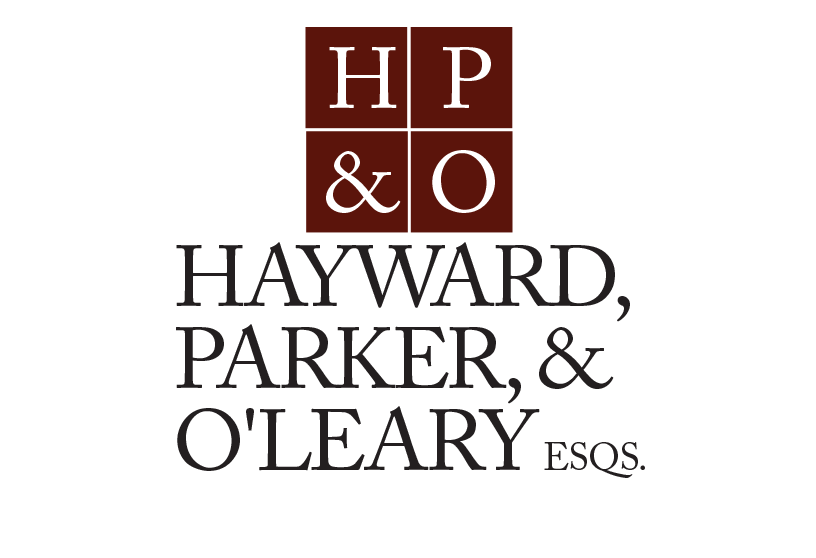Bankruptcy Protection Against Discriminatory Treatment Analyzed by Orange County, NY Attorneys
Bankruptcy Code § 525 contains anti-discrimination provisions prohibiting three kinds of discrimination against persons that arise from their status as debtors: (1) governmental discrimination in a broad variety of areas including licenses, permits and public employment; (2) employment discrimination by private employers; and (3) discrimination in student loans.
Section 525(a) is very broad and prohibits discrimination by any governmental entity, federal or state, with respect to a “license, permit, charter, franchise, or other similar grant” or with respect to employment, both hiring and firing, when the discrimination is based solely on the fact that the person was a debtor in bankruptcy, was insolvent prior to or during the bankruptcy case, or has not paid a debt that is dischargeable or was discharged in bankruptcy. This protection does not apply to the extension of or guarantee of new (non-student loan) credit, and does not prohibit a governmental entity from denying or revoking a license based on public safety concerns. However, it does prohibit governmental entities from withholding the granting or renewal of a license as a means of forcing repayment of a discharged debt, thereby codifying the US Supreme Court case of Perez v. Campbell, 402 US 637 (1971), which held that a state could not deny a driver’s license due to a debt that had been discharged in bankruptcy, because that denial would impair the debtor’s fresh start. It should be noted, however, that this section bars discrimination only when it is solely based upon the bankruptcy or non-payment of a dischargeable or discharged debt. If there are other grounds for the discrimination, the debtor can still be denied the relief sought, provided that the “other grounds” are not a pretext. Further, if a debt is not discharged in bankruptcy, subsequent discrimination based upon that debt is not prohibited by this section.
The protections afforded by Section 525(b) are much narrower, prohibiting private employers from employment discrimination solely based on bankruptcy, insolvency before a bankruptcy or non-payment of a dischargeable or discharged debt. While the protections of this section clearly apply to existing employees, it is problematic as to whether they apply to the hiring decisions of private employers. The Southern District of New York case of Leary v Warnaco, Inc., 251 BR 656 (SDNY 2000) holds that they do. This decision was rendered by the late, legendary District Judge Charles Brieant, and appears to be controlling case in the area where this law firm practices. However, this decision has been roundly criticized by other courts, including several Circuit Courts of Appeals, and may not carry much weight as precedent. Where this section can be helpful is when employers are unhappy with having to comply with court ordered Chapter 13 wage deduction orders, or where debtors owe debts to their employers that are discharged in bankruptcy. Once again, it must be noted that if an employer presents alternative reasons for its adverse actions towards the debtor, it may be difficult for the debtor to reap the protections of this section because the actual motivation of the employer may be difficult to ascertain.
Section 525(c) is fairly straightforward and prohibits a governmental unit or private entity involved in a student loan program from discriminating against an application for a student loan based upon a bankruptcy, insolvency before a bankruptcy or non-payment of a dischargeable or discharged debt.
